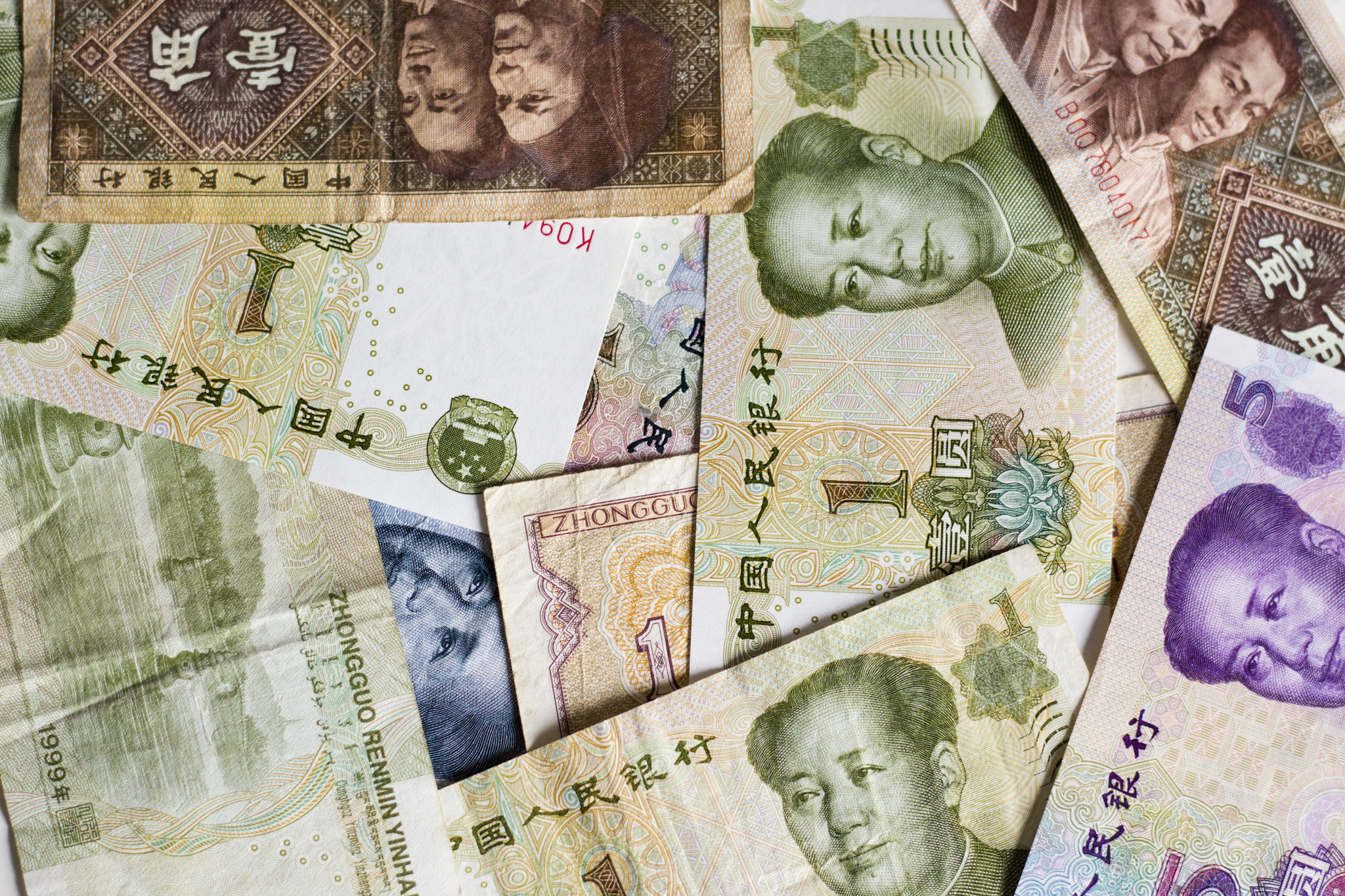
“When China wakes, the world will tremble”. Napoleon, in one of the variants of the famous quote attributed to him while in exile on St. Helena in 1816, recommended to “let her sleep”. But China has since awakened, or re-awakened, because this is merely the return to a state of historical normality that was broken around that time. The problem at present is that the world is trembling in the face of a China that might be grinding to a halt, given its weaknesses. This has both external and internal consequences –aggravated by the poor handling of the accident at a chemical warehouse in the port of Tianjin, in which nearly 130 people died–, including the effectiveness of the Chinese leadership’s control over its markets and its actual capacity for implementing the reforms the country needs. As expected, the other major emerging economies are being the main victims. But ultimately everyone will end up suffering.
China is by now an essential part of the global economy, accounting for 16% of the gross world product. In fact, depending on how it is measured, it may be the world’s largest economy. Inevitably, what happens there affects us all. The official Chinese media defined 24 August as ‘black Monday’. Although the relationship between the economy and the stock market is never clear, especially when dictated by algorithms, the sharp fall in Chinese stocks in August, following the previous episode in July, has sparked a general market crisis that, despite the recovery in the West and not having affected the rest of Asia, has raised grave doubts about China’s real position, since Chinese statistics fail to inspire any confidence.
The official growth rate is 7%, but certain studies suggest that a ‘new normal’ –to which President Xi Jinping alluded in May, and towards which the Chinese and the world must adjust– may be 5.3%, while others even place it as low as 4%. Various indicators (consumption of electricity, cement, exports, demand for metals such as copper, railway transport, new construction, etc) have long been slowing down and public debt has soared to 282% of GDP (at 130% in 2009), although reserves remain high. This is not technically a recession –in fact, in absolute terms it is a greater increase for China and the rest of the world than when it was pointing to 14% eight years ago– but is insufficient to generate the employment needed on account of the increase in China’s population and the emigration from rural areas to coastal cities. Although in recent weeks the Bank of China has injected the equivalent of US$200 billion or more in the Chinese economy and stock market, it still has significant elbow room to not only help the Chinese economy but also those of the emerging markets.
But current events cast doubts on the renowned efficiency of China’s leadership at this juncture, as it must lead the economy towards a new model based less on exports and investment and more on domestic consumption, while the currency devaluation has been poorly explained and presented. The problem is that the Chinese are extremely keen savers, among other reasons to provide for their old age in the absence of public pensions and for their wellbeing given the scarcity of public health facilities. In addition, consumption patterns are changing among many Chinese, with expenditure on luxury products falling and in supermarkets rising.
Nevertheless, the paramount question is controlling a market economy with a huge state sector. President Xi Jinping, who has accumulated more power in his hands than anyone else in recent years, has sought to compensate the loss of legitimacy entailed by slower economic growth with a more active fight against the corruption that so much anger produces amongst the public and that generates the lack of safety underlying the accident at a state-owned factory in Tianjin. The credibility of Prime Minister Li Keqiang, entrusted with managing the stock market crisis –including police action against ‘speculators’– has been seriously damaged but his demotion is not expected.
In any case, the ‘new normal’ could affect some of the emerging economies that have been too dependent on raw material exports to China and have not built their own industrial bases. Even in the developed world, China’s stock market crash –a 40% loss in value since June, so much more than a mere ‘correction’– has not only affected increasingly global multinational firms but the value of the euro, whose depreciation was part of the ‘tailwind’ driving the present growth in Europe, including Spain. What is more, there is a possible currency war in the offing, with competitive devaluations or a rise in interest rates by the US Federal Reserve, which is now more difficult. The latter, if confirmed, would be the only positive outcome of recent events. But the crisis has opened up the question of whether China is in a manageable transition towards a new model that will be not only economic but also social and even political. Further tremors are on the horizon.


